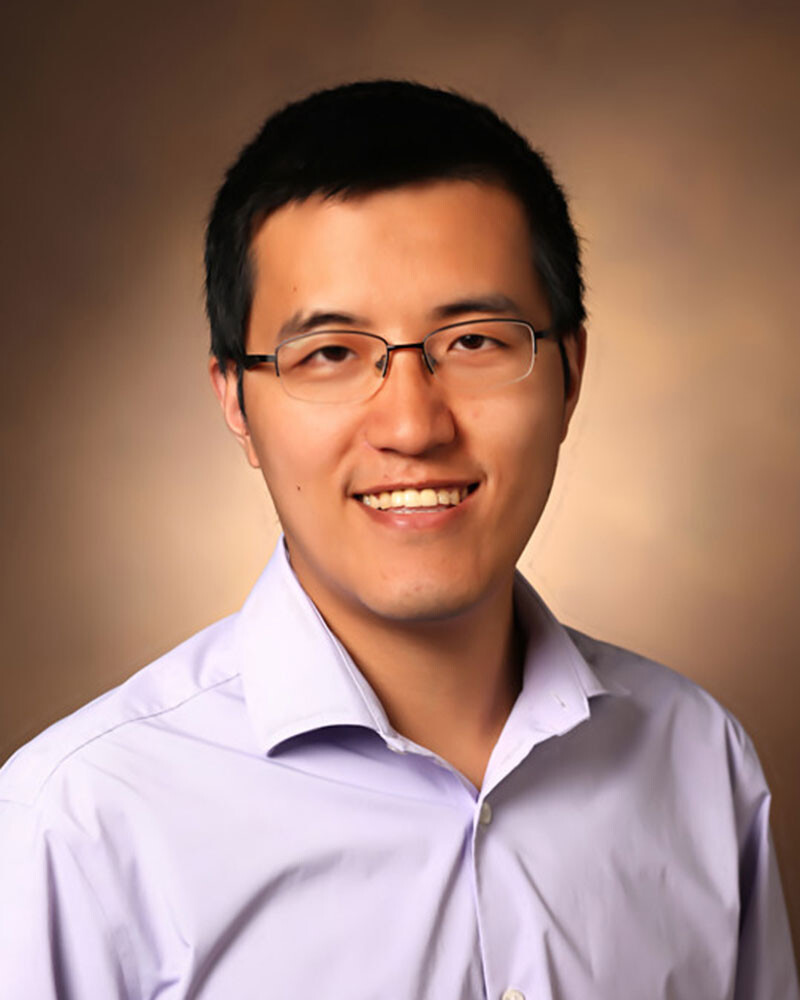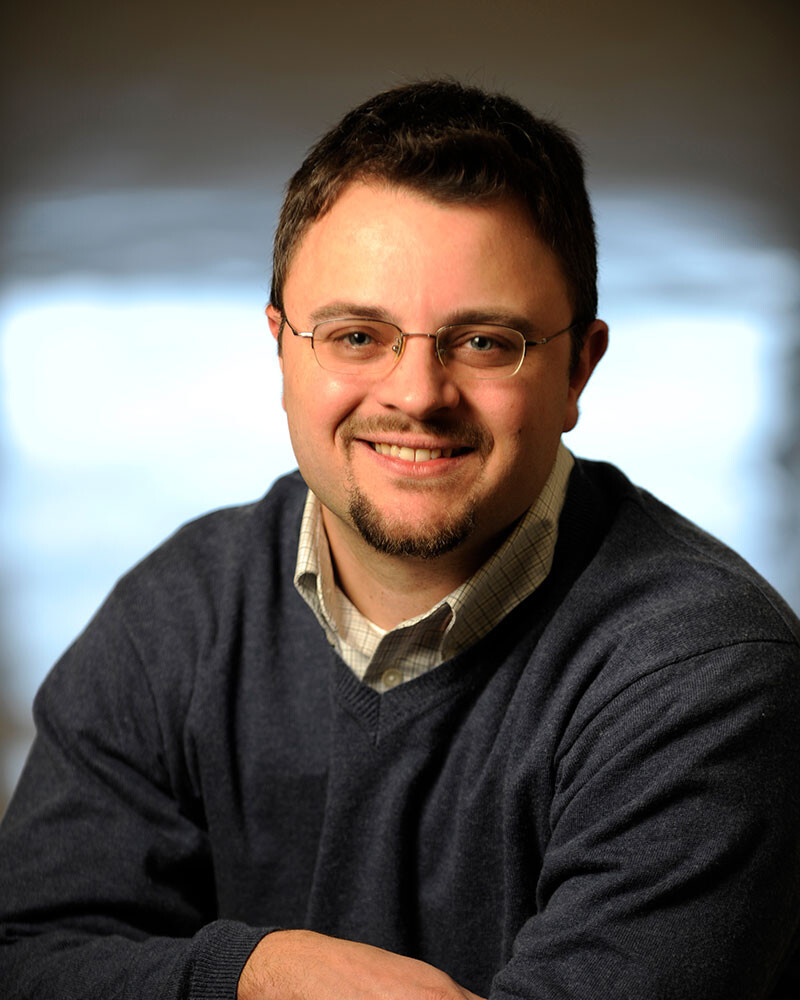
Vanderbilt researchers have received a $1.2 million grant from the National Science Foundation to develop a smart microscope system that uses artificial intelligence to help scientists better understand how cells behave, particularly in diseases like cancer.
Yuankai Huo, assistant professor of computer science and electrical and computer engineering, is the grant’s principal investigator. Co-PIs are Jason Valentine, professor of mechanical engineering and electrical and computer engineering, and Bryan Millis, research associate professor of Biomedical Engineering and Chan Zuckerberg Initiative imaging scientist.

Traditional microscopy involves passively capturing live biological processes, with data analysis occurring long after experiments end; often taking weeks or months due to the complexity and size of the datasets. New high-throughput imaging systems, like those developed in Vanderbilt’s Biomedical Microscopy -Immersion, -Innovation, and -Discovery (BioMIID) program, generate even more data, making current post-processing workflows increasingly time- and cost-prohibitive.
This NSF-funded project introduces the Intelligent Cyber Microscopy System (iCMS), which uses optical computing to perform complex image processing in real time. By enabling active learning and automated decision-making during imaging, iCMS can adapt to biological events as they unfold—such as increasing sampling in regions showing rare phenomena or dynamically exploring promising drug combinations.

Crucially, this system minimizes the need for constant human oversight. Researchers are alerted only when meaningful patterns or user-defined thresholds are met, allowing remote monitoring and interaction via laptops or smartphones. iCMS aims to revolutionize microscopy by accelerating discovery and improving experimental efficiency.
“I’m grateful to the NSF for supporting this exciting opportunity to advance AI in multidisciplinary fields and spark breakthrough innovation,” Huo said. “By collaborating with colleagues across the College of Connected Computing (CCC), the School of Engineering (VUSE), the Vanderbilt Institute of Nanoscale Science and Engineering (VINSE), Vanderbilt Lab for Immersive AI Translation (VALIANT), and the Vanderbilt Biophotonics Center’s (VBC) (BioMIID) program, we’re developing tools that can deliver faster insights and more effective solutions to critical biomedical challenges. I also deeply appreciate the early and ongoing support from the Vanderbilt Seed Success Grant and the Vanderbilt Discovery Grant, which were instrumental in launching this research.”
Earlier this year, Huo and Valentine received the distinguished Charles E. Ives Award for collaborative imaging research.
Contact: Lucas Johnson, lucas.l.johnson@vanderbilt.edu